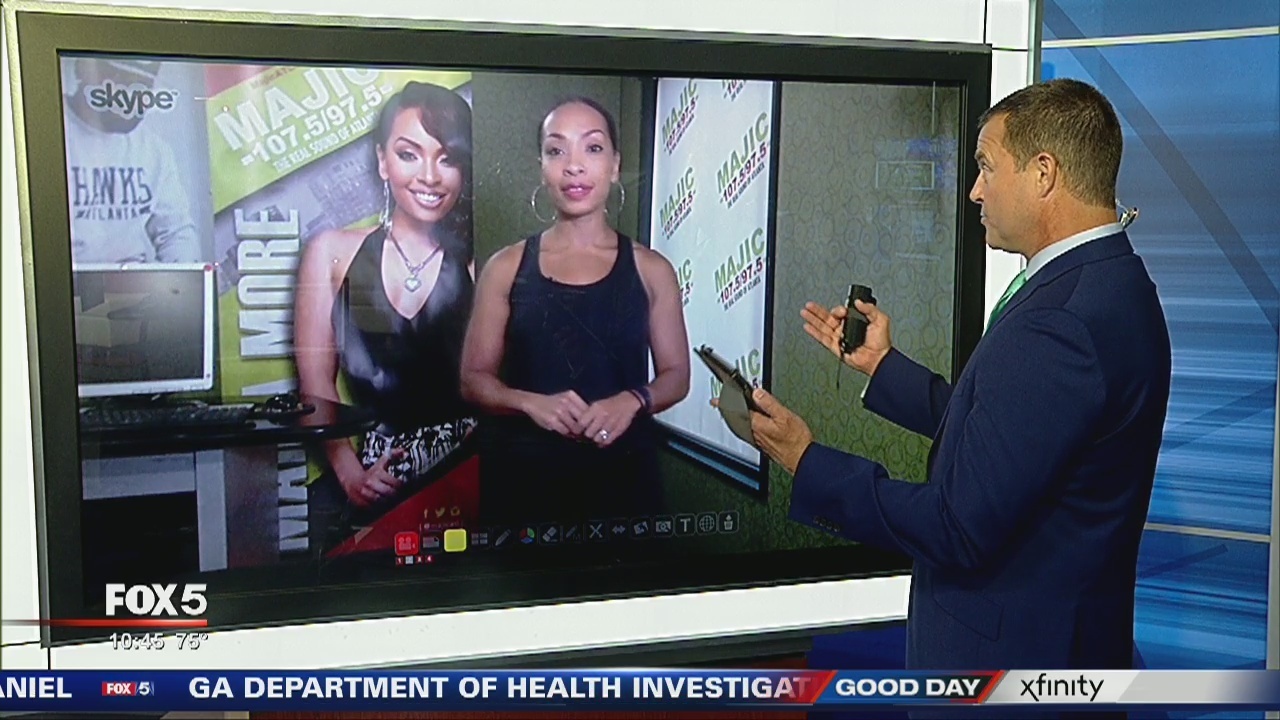Every great accomplishment starts with the decision to commit. If you are truly dedicated to transforming your body, I have 5 things you should know. From creating a meal log to setting short term goals, it is important to establish a good foundation before you get started. Check out what helped me lose over 45 pounds.
- I calculated my “BMR.” You use energy no matter what you’re doing, even when resting. The BMR Calculator will calculate your Basal Metabolic Rate (BMR); the number of calories you’d burn if you stayed in bed all day. The number is based on your age, height and weight, you can click HERE: http://www.bmi-calculator.net/bmr-calculator/ to access the calculator. Once you have your BMR number, you’ll need to find out what your daily caloric needs are based on your “activity level.”
To determine your total daily calorie needs, multiply your BMR by the appropriate activity factor, as follows:
- If you are sedentary (little or no exercise) : Calorie-Calculation = BMR x 1.2
- If you are lightly active (light exercise/sports 1-3 days/week) : Calorie-Calculation = BMR x 1.375
- If you are moderately active (moderate exercise/sports 3-5 days/week) : Calorie-Calculation = BMR x 1.55
- If you are very active (hard exercise/sports 6-7 days a week) : Calorie-Calculation = BMR x 1.725
- If you are extra active (very hard exercise/sports & physical job or 2x training) : Calorie-Calculation = BMR x 1.9
*NOTE: To lose weight, you’ll need to eat LESS than you burn. For example, if your daily caloric number is 1800 calories (based on your activity level), shoot for a 200-500 calorie deficit for weight loss (eat between 1300-1600 calories). You’d need a 3500 calorie deficit to lose ONE pound, so if you have a 500 calorie deficit for 1 week (7 days), you should lose 1 pound per week.
- I created a meal log. Remember, weight gain and weight loss is all about calories in vs. calories out. Many people go days consuming more than their body needs and end up scratching their heads when the pounds start to pack on. Creating a meal log keeps you aware of exactly what you’re eating and helps you keep your calorie intake under control. My advice is to start a meal log at the beginning your day. No matter what you’re eating (even if it’s crap), write it down. Once you have compiled your list by the end of the day, count up your calories to ensure it is consistent with your daily recommended BMR number. If you are eating too much, try for smaller portions or healthier meal options.
- I made sure I had a daily calorie deficit. Once I was cleared by my doctor to start exercising again, I started by simply walking 2 miles EVERYDAY. Fortunately, I live close to a nature trail but there are other ways to burn extra calories. You can commit to parking in the back of the parking lot when you go to work or the market. Those extra steps add up and contribute to your calorie deficit. Once I adjusted my caloric intake and added daily physical activity, I began losing about 2 pounds per week. Remember, you don’t have to be superman/woman in the gym to lose weight, you simply need a daily calorie deficit, even if it’s modest, you’ll begin to shed and eventually see results.
- I set short term goals. This is something that I continually preach when it comes to weight loss. So often I hear people say stuff like: “I want to lose 30 pounds this year.” But what is your goal for “this week?” You see, motivation is fueled by results. When you set small goals and conquer them, it serves as inspiration to keep going. Challenge yourself to set weekly goals like 1) I want to lose 1 pound this week. 2) I want to increase my daily water intake 3) I want to walk a total of 15 miles this week. These are attainable goals that can be achieved in a short period of time.
- I rewarded myself. Depriving yourself of the delicious foods you LOVE all together can be discouraging. I don’t believe in giving up sweets “cold turkey.” I’ve learned that I can have foods that may not necessarily fall within my diet as long as I enjoy them in moderation. Once a week, I enjoy a slice of cheesecake or my favorite pasta dish. Even though I’m consuming extra calories during my “cheat meal,” there is NO negative impact on my weight because I practice healthy habits for most of the week. My advice is to make sure your cheat meal is ABSOLUTELY delicious! I don’t waste my cheat on something I “think” may taste good, I have to know “for sure!” LOL! Another tip is to time your cheat meal the day before your more “intense” exercise session. I like to have my cheat meal on Friday night’s because I take a high impact “HIIT” class on Saturday mornings. The cheat meal is helpful because the extra carbs give me a boost of energy to work harder through the class.



![3 Ways To Tackle Your Sweet Tooth | Fox 5 Atlanta Good Day Atlanta [VIDEO]](https://mariamore.com/wp-content/uploads/2018/09/IMG_9327-e1537699063252.jpg)



Leave A Comment